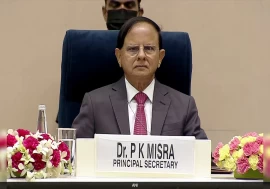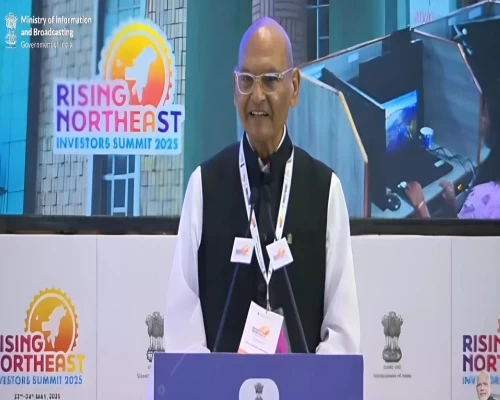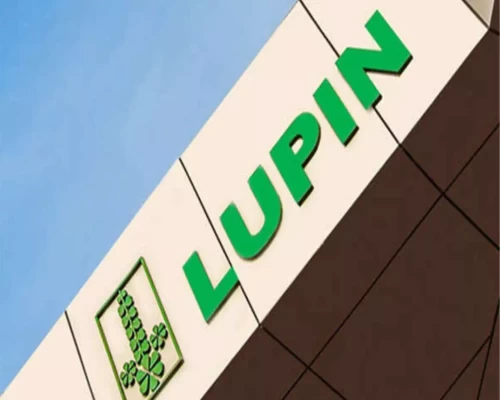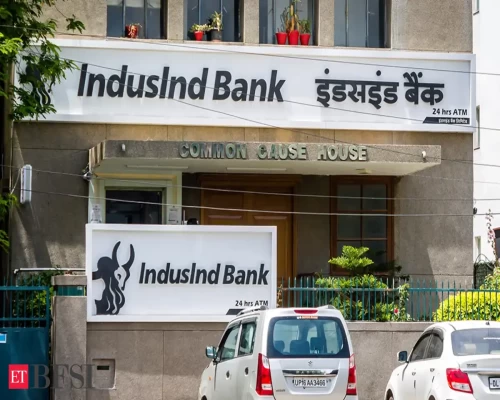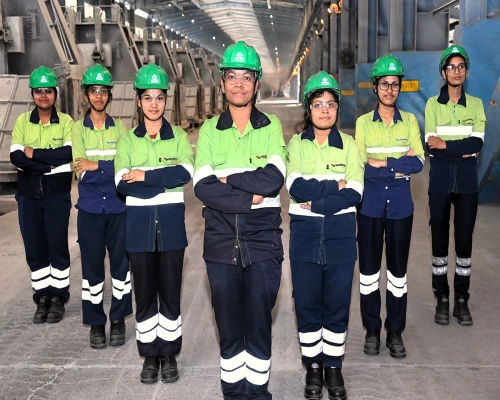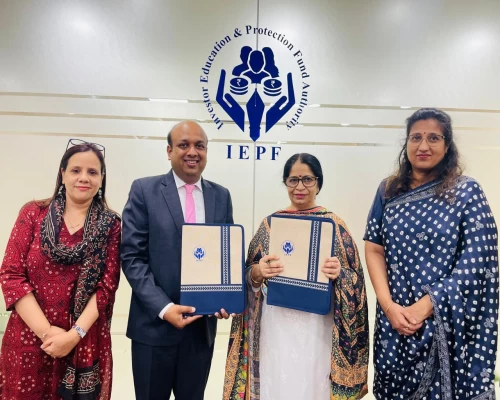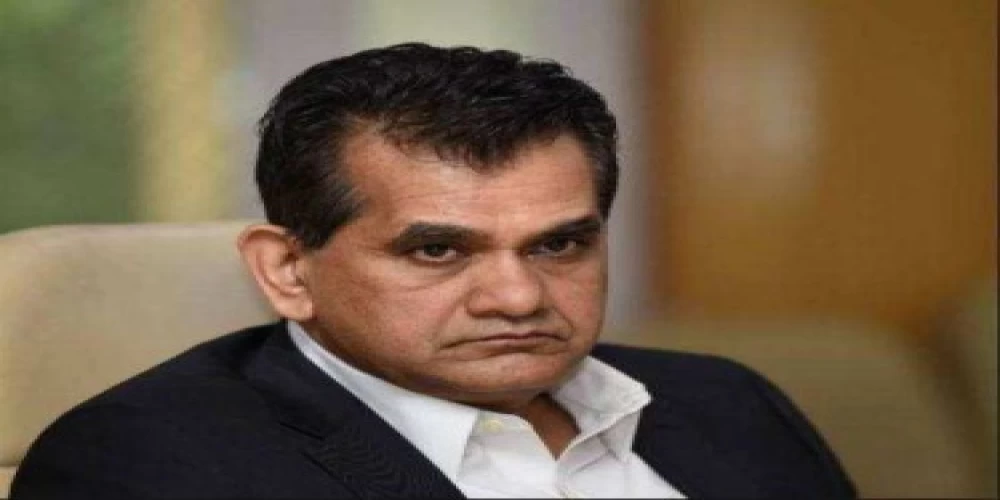
New Delhi: India is emerging as a circular economy innovation market, said NITI Aayog CEO Dr Amitabh Kant, while referring to Prime Minister Narendra Modi’s address on the importance of circular economy transition. “NITI Aayog considers the transition to circular economy principles will help improve resource efficiency, impart competitiveness, reduce social cost and environmental challenges, provide new business opportunities, and help in achieving the Atma Nirbhar vision of PM Modi,” he said while addressing the ‘FICCI Circular Economy Symposium 2021’ here.
Kant said that the collaborative efforts between the NITI Aayog and more than 200 stakeholders consisting of recyclers, academics, start-up, consultants, regulators, BIS officers and other domain experts have been very enriching. It helped in identifying the gaps and challenges that need to be addressed immediately.
Kant further stated that in India, regulations for different waste streams have been mainly existing since 2016 but implementation of regulatory provisions has been partial. The informal sector has been also active in many areas and integration of the informal sector in the new framework requires innovative ways.
He also mentioned that the regulations and EPR policies have not been implemented properly. That there is a need for market development through standards of secondary materials and procurement, need for innovation and technology support, a need for new business models offering solutions for the lifetime extension remanufacturing reuse, etc.
He added that there is a need also for resource efficiency in the supply chain reverse logistics collection separation and recycling of used material necessary to enable circular business models and innovative technologies are necessary for circular business models and the missing reverse logistic chains in multiple businesses.
Ugo Astuto, EU Ambassador to India, said that resource efficiency and the circular economy are the central pillars for setting the ambition for a green, digital and resilient model for economic growth. He also stated that resource extraction and processing of material, fuel, food contributes to about half of the world’s total GHG emission and over 90 per cent of biodiversity loss and water stress.
Anirban Ghosh, Chair, FICCI National Circular Economy Committee and Chief Sustainability Officer, Mahindra Group began his address by saying that this is the decade of action for sustainability. He also appreciated the efforts being taken by NITI Aayog by constituting 11 CE committees and said that it is a necessary action towards creating a framework and that FICCI would be collaborating in future with these committees to accelerate the shift towards circular economy.
Janardhanan Ramanujalu, Vice President, Regional Head – South Asia and Australia, SABIC, said that post-consumer waste is of a lot of issue in every industry, be it plastic, steel, automotive, construction, electronics etc. These are the many issues that need to be solved and circular economy solutions are the ones which will help us get rid of these wastes.
Quoting examples from SABIC and their practices, the chemical recycling concept is a reality and is very much possible and successful on the commercial end. We need many closed loop collaborations to achieve circularity, he added. /BI/


